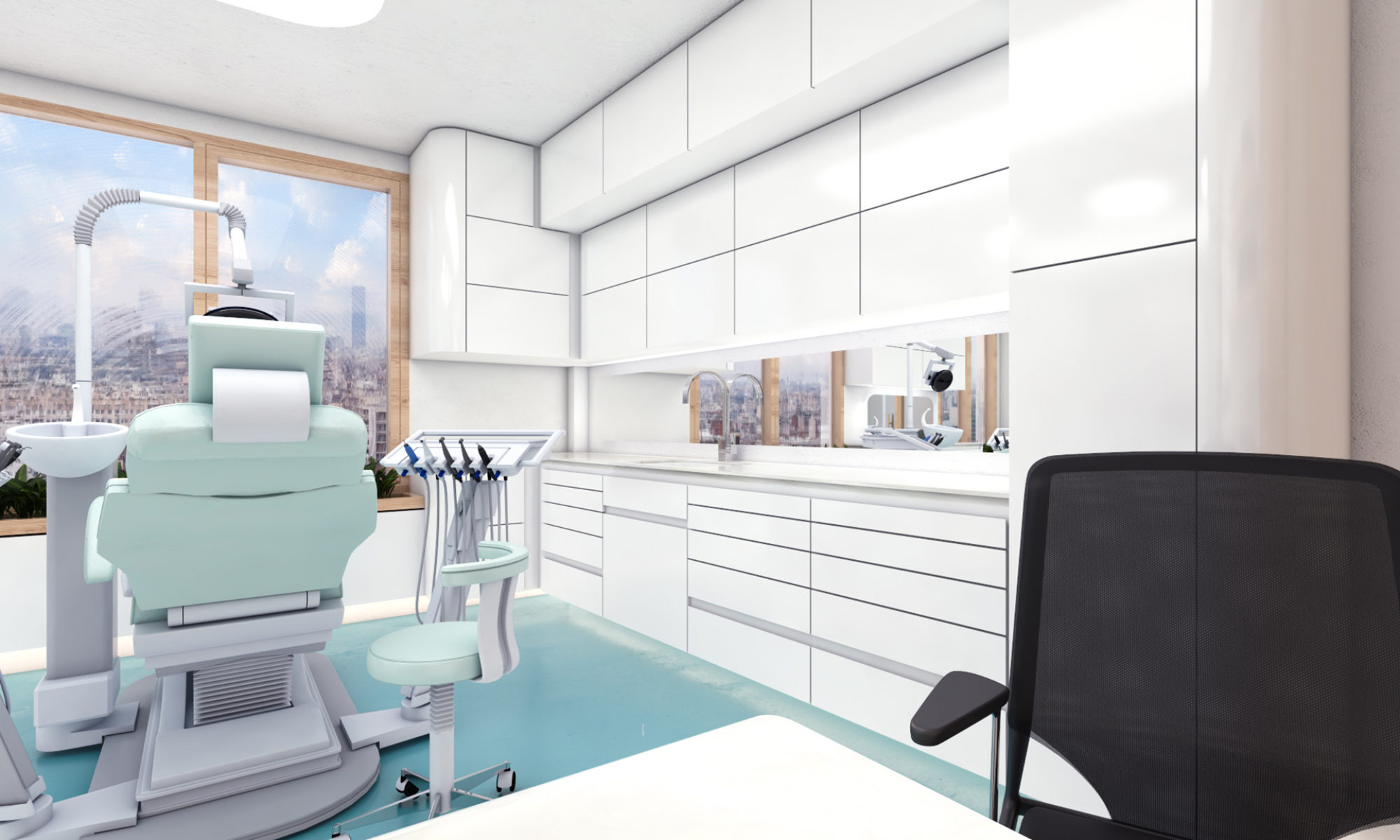
Replacing the loss of upper teeth (jaw, row) by implanting implants is a complex and responsible task that requires high qualification of doctors, excellent technical equipment of the clinic.
Indications
Implantation of the teeth of the upper jaw is carried out in cases of absence or injury:
one
several (located side by side and separately)
the entire dentition
The upper teeth (jaws, row) can have a “gap” in any part of the oral cavity: chewing, lateral or frontal. The absence of a tooth (teeth) in any place always negatively affects the body. When this happens:
decrease in the quality of chewing function
increased stress on adjacent teeth
malocclusion
accelerate the destruction of healthy teeth
Restoration of teeth with the help of implantation can significantly improve the physical condition of the patient. Implantation:
stops bone atrophy
allows you to normally chew any usual food again
prevents early aging of the face
Contraindications
Contraindications for the restoration of the upper dentition with the help of implants are of a general nature. These include:
patient age under 18
acute infectious disease
active phase of tuberculosis
blood clotting problems
the presence of malignant diseases
acute mental disorders
pregnancy
the presence of an inflammatory process at the location of the implant
rehabilitation period after myocardial infarction, stroke
The presence of inflammatory diseases of the paranasal sinuses is also a contraindication for dental implantation. In order to avoid rejection of the implant and the occurrence of dangerous complications, the procedure is carried out in a state of stable remission of diseases:
allergic, acute rhinitis
sinusitis
sinusitis
sinus cyst
deviated nasal septum
Single stage dental implants
Dental prosthetics by this minimally invasive method involves prosthetics without a gum incision. The procedure does not require large incisions followed by suturing.
The essence of the technique lies in the simultaneous screwing of the abutment with the introduction of the implant. As a rule, in this case, one-piece implants of various systems and sizes are used. The selection is made strictly individually, taking into account medical indications.
One-stage implantation:
allows you to restore the tooth in 2-4 sessions of treatment at the dentist (in most cases, one week is enough for this)
characterized by minimal discomfort after implantation
recommended for patients who are panicky afraid of surgery
a large selection of prosthetic solutions for prosthetics of single teeth in a short time
allows you to insert an implant immediately after tooth extraction
However, despite all the advantages, such implantation of the teeth of the upper jaw can be applied in a limited number of cases. The necessary conditions are the following indications:
healthy bone condition
sufficient parameters of bone tissue in height, width, density
good gingival volume and density
absence of inflammatory processes at the site of the implant
healthy neighboring teeth
good immune system
One-time dental implantation
The instant method allows you to implant the implant in the jaw immediately after the removal of the “native” tooth. The immediate loading option allows the provisional crown to be placed immediately after implantation. Later, the temporary crown is replaced with a permanent one.
The delayed loading technique involves the installation of a crown later – after the implant has healed. Unfortunately, such quick results are not possible in all cases.
Basic conditions for performing instant implantation:
atraumatic removal
the absence of an infectious process as a basis for tooth extraction
appropriate size of the remaining hole
required amount and quality of bone tissue
“thick” gum biotype
no periodontal disease
Mini dental implants
Mini-implants are tiny, screw-shaped titanium pins about 2 mm long. They are screwed directly into the bone tissue through the gum, without resorting to its incision. With this procedure, minimal trauma to the mucosa occurs.
Mini-implants help to solve the following problems in prosthetics:
basis for temporary crowns (in order to hide the absence of a tooth, to prevent the process of displacement of adjacent teeth)
fastening for small bridges in case of severely thinned bone tissue
a means of fixing removable dentures that does not allow them to move
They have an affordable price, are quickly installed and take root with minimal pain in the postoperative period. Dental prostheses on such implants of the upper teeth can be installed in about a week.
